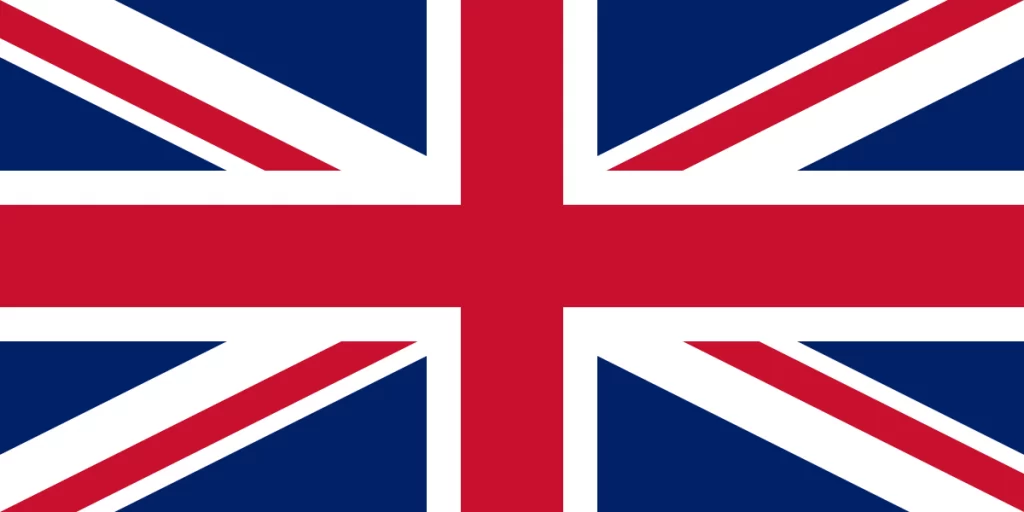If you are relocating to another country, you will want to do some homework about the local personal tax system and just how it compares with your present regime. This is not as simple as it may sound as tax regulations are so diverse. Being single or married will can affect your tax rate, as will the amount you earn. Countries that load the tax burden on high-earners often offer a strong economy and high quality of living, but does that mean you’ve got to hand over 30%+ of your income to live in a developed country?
Well, it depends. While few people are willing to move somewhere based on income tax rate alone, it’s certainly something to keep front of mind if you’re thinking about relocating. Let’s take a look at the countries that have the highest personal tax rates, as well as a few with the lowest.
12 Countries with High Personal Tax Rates
1) Sweden
Along with the other Nordic countries, Sweden is well known for charging high levels of income tax – the top level marginal income tax is currently a massive 57.2%. Much of the money raised goes to pay for the advanced level of welfare and social security Swedes enjoy.
Their tax system also brings other benefits. Notably, Sweden boasts one of the best income equality levels of any country in the world. Their economy also provides their population with an enviable standard of living and a high life expectancy. Not surprisingly, Sweden has the 7th largest GDP per capita in the world.
2) Finland
Sweden is joined in the top 10 by its neighbour, Finland. Its high rate of income tax is just a shade lower than Sweden’s at 56.9% and is set at that for the same reasons. Finland’s small population of just six million people is supported by public services and a welfare system that are the envy of many other countries.
3) Japan
Having a super high rate of personal income tax is unusual outside Europe, but Japan is a unique and well-developed yet historical country. Topping out at 55.95%, income tax in Japan has a history of being high. As the third most successful economy in the world, behind the US and China, there are plenty of wealthy citizens that enjoy the beautiful scenery and high levels of safety.
4) Denmark
At number four is the third Nordic country – Denmark. At 55.8% it is only a little lower than its Scandinavian brethren, and the high rate is for the same reasons. All these countries share the view that in order to provide a high standard of public and social services to everyone, taxes must be high to finance them. Although the population as a whole seem happy with this, it may be hard for a newcomer to see such a large proportion of their income disappear into the public coffers.
5) Austria
Austria is a sophisticated country that offers its citizens a high standard of living and an advanced welfare system, which befits a nation that is the 12th richest country in the world. Those benefits don’t come for free and the top rate for income tax is 55%. It doesn’t end there, however. There is a social security rate of 18%, capital gains tax can be as much as 25% and bonuses are taxed too. Of course, if you want to enjoy the beauty of the outs all-year round, you may be willing to pay these high rates.
6) Belgium
The top progressive tax rate in Belgium is 50% and employees pay an additional 13.07% social security tax. Once more, the government uses the cash generated by these taxes to finance robust health care, social security, and education systems.
There were new rules for expats in 2022. The minimum AGI (Adjusted Gross Income) has to be a minimum of €75,000 30% of which is a tax-free allowance.
7) Slovenia
One of the smallest countries in Europe, Slovenia has a growing economy and has a higher GDP than Poland or any other Slavic country. Income tax rates vary from 16% to 50%, the higher rate kicking in when the income reaches €72,000.
It has high-quality healthcare and education systems available to all residents and is an attractive country to do business in.
8) Israel
The only other non-European country on this list besides Japan, Israel has become known for its technology industry and as an economic powerhouse. Most recently it has become a centre for cryptocurrency ICOs and is a leader in Blockchain technology that is at the heart of this phenomenon. Israel is another country that charges its top earners a 50% rate on their income.
9) The Netherlands
The Netherlands was a founding member of the European Union and has the 17th-largest economy in the world. Rotterdam is the biggest port in Europe and the country is a trade centre. Income tax (plus other mandatory taxes) rises to a maximum of 49% for anyone under 65 years of age and who earns over €66,000.
10) Portugal
Portugal had the first global empire, and though it may have changed a lot since, still has the 46th largest economy globally, is highly developed, and is a high-income country. It uses income tax to increase parity between high-income earners and those on more modest salaries. A top marginal tax rate of 48% also helps fund free public education and healthcare systems.
Expats can set up residence in Portugal using the Golden Visa program among other options and may be able to avoid these high taxes completely for up to 10 years with the country’s non-habitual residence tax scheme.
11) Germany
Germany is an industrial giant and at the heart of the EU. It boasts a high standard of living and one of the most comprehensive welfare systems in the world. Income tax is progressive, starting at 1% but rising to 42% when your income reaches €58,597. Rates max out at 45% but only when you exceed an income of €277,825.
12) Ireland
Ireland is a welcoming country and one of the wealthiest in the EU – it is in the top 25 countries in the world. One of the reasons it has become so successful is its low corporation tax, that’s the reason for companies like Apple and Google to have large facilities in the country. But personal income tax can be as high as 40.4% for those on middle incomes and above, and they don’t benefit from the full subsidised services of the NHS, so residents do have to pay for a wide range of healthcare services.
What countries are at the other end of the spectrum?
Although countries that have high personal income tax rates tend to have good standards of living and excellent welfare programs, few people enjoy seeing up to half or more of their incomes taken. Many people like to have the choice of how their money is spent. So here are 3 of the best countries to relocate to that don’t take a large chunk of your income:
1) The Cayman Islands
To become a citizen of the beautiful Cayman Islands requires a residency of eight years, an annual income of at least $145,000, and an investment of $600,000 in real estate. But when you have been accepted, you face a life of no income tax at all. Wonderful weather and a high standard of living add to the attraction of anyone seeking a tax-free life.
2) Monaco
The principality of Monaco is another income tax-free place to live, but the cost of becoming a citizen is high. You need to own or rent a home and have a local bank account with not less than half a million to a million dollars as the first deposit, but once you’re there, you’ll rub shoulders with other successful people wherever you go.
3) The UAE
The UAE has diversified its economy in recent years, moving away from the fossil fuels that gave them the initial wealth. Now a portfolio of varying sectors makes up over half of the GDP. The UAE encourages expats to move there and offers various programs to allow that to happen. Although corporation tax is now levied, no one is liable for personal income tax. It is safe to say that few countries are so welcoming to foreign nationals seeking to be residents, nor do they offer such a high quality of life.
Also read: 1000+ Kahoot Game Pins on TopicsFly
If you should decide on the UAE, talk to the experts. Our company was founded to help successful entrepreneurs and business owners make the most of their assets and reduce their tax liabilities to a minimum.
We have helped many clients to relocate and set up companies in the UAE, specifically in the beautiful city of Dubai. We make it easy because we understand the country and know what is required to make the process simple and straightforward. To find out more about how we can help you, click here.













